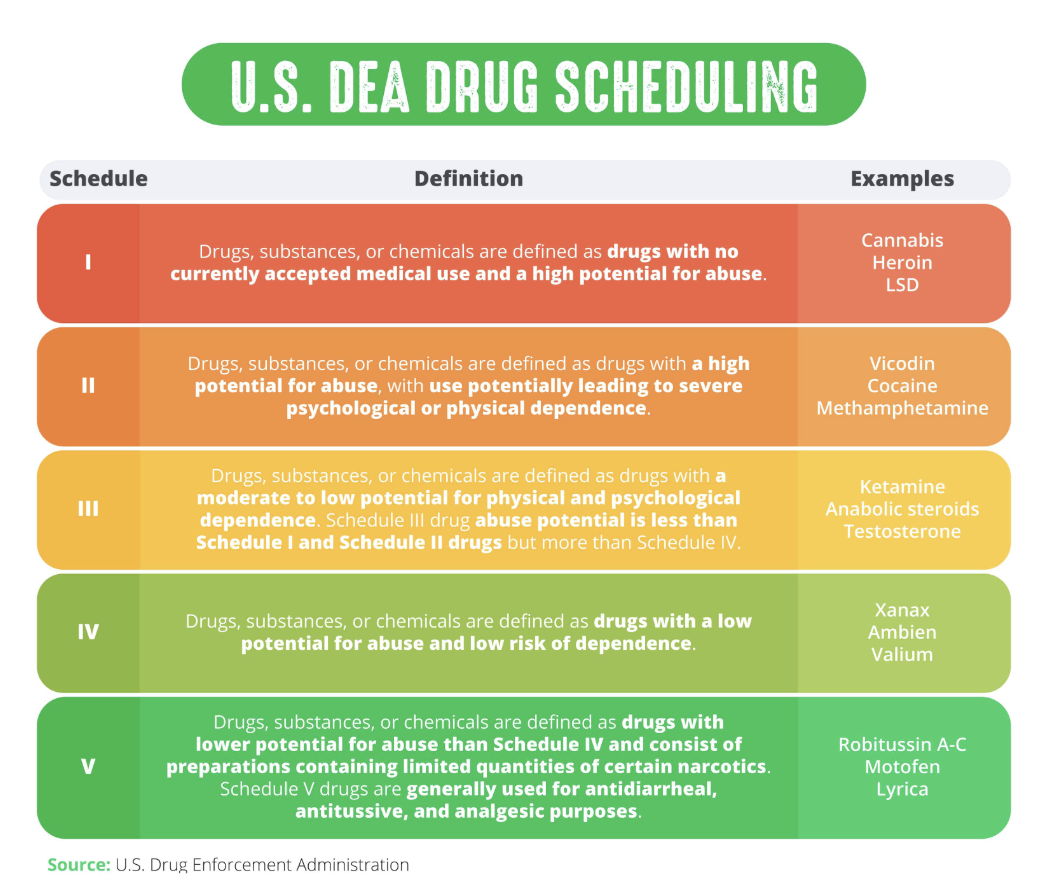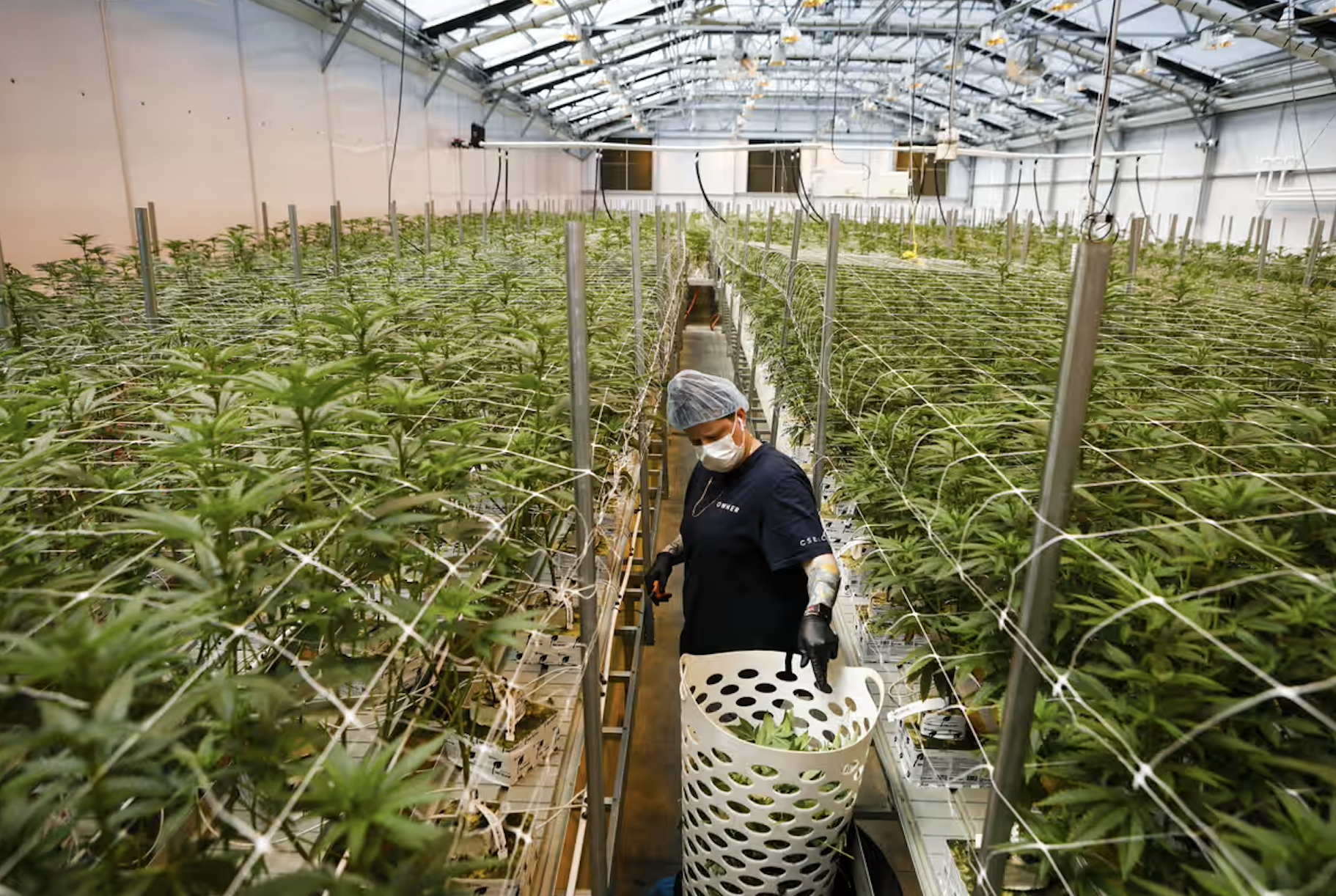The DEA’s Time‑Warp Appointment: Terrance Cole and the Revival of “Reefer Madness”
WASHINGTON, D.C. –Terrance Cole, the newly confirmed Drug Enforcement Administration (DEA) Administrator, brings a worldview rooted in 1980s-era drug hysteria—one that dismisses decades of research, economic gains from cannabis legalization, and evolving public opinion. His alarmist rhetoric, linking cannabis to autism, stunted brain growth, and youth suicide, threatens to stall the long-awaited, evidence-based rescheduling of marijuana under federal law.
A Hardline Choice at a Critical Moment
On July 22, 2025, the U.S. Senate narrowly confirmed Terrance Cole to lead the DEA by a vote of 50–47. Cole is a retired career DEA official who spent over 20 years in leadership roles, including as Chief of Global Operations and as Virginia’s Secretary of Public Safety and Homeland Security before his appointment.
Though Cole stated during his confirmation hearing that reviewing the cannabis rescheduling process would be “one of [his] first priorities,” he refused to commit to any particular outcome. He pledged only to “see where we are in the administrative process” while staying silent on whether he supports moving marijuana from Schedule I to Schedule III or further reform.
At a time when federal oversight could finally align drug policy with science, economic reality, and public sentiment, Cole’s nomination signals a return to stigmatizing ideology over rational regulation.
Alarmism in Action: Cole’s Claims on Cannabis
“Stunts Brain Growth” and “Linked to Autism”
Perhaps the most inflammatory statement from Cole is his claim that cannabis use “stunts brain growth” and is “linked to an increased risk of autism”. These views were widely disseminated during his tenure in public safety roles and rebroadcast through posts by NORML and other advocacy groups.
There is no credible scientific evidence supporting a causal relationship between cannabis use and autism. Broadly, medical experts and developmental biologists have found no robust data linking cannabis exposure to autism spectrum conditions at a population level.
Suicide Risk and Youth Mental Health
In 2024, Cole reposted articles claiming that cannabis use, especially in high school, is tied to higher suicide risks, particularly when combined with alcohol consumption. He has emphasized psycho-social harms—like psychosis, difficulty in learning and thinking, and behavioral disorders—through hashtags and “Just Say No” messaging, positioning cannabis as a direct threat to youth health.
The “Just Say No” is BACK!!
Cole’s enforcement legacy includes his embrace of 1980s-era messaging: after touring Virginia’s Cannabis Control Authority, he posted on LinkedIn, “Everybody knows my stance on marijuana after 30 plus years in law enforcement, so don’t even ask!” accompanied by hashtags like #justsayno, #healthissues, #disorders. He also shared DEA-approved articles warning marijuana is “Four Times More Dangerous in Three Decades,” attributing cannabis with cognitive deficits, distorted perception, coordination loss, and even heavy metal contamination.
Taken together, these statements reflect an ideological posture that sees cannabis more as a public health menace than a regulated substance whose risks can be managed.
Why This Matters: Science, Policy & Commerce at Stake
1. Rescheduling at a Standstill
Cole now oversees a long-delayed administrative hearing to evaluate the Department of Health and Human Services’ formal recommendation to reclassify cannabis from Schedule I to Schedule III under the Controlled Substances Act—a move with major regulatory implications. Though Cole said this review would be a priority, the process has already been paused for months pending appeals and bureaucracy.
Cole’s refusal to support—even to signal support for—that process, when every major cannabis advocacy group and a growing number of lawmakers back reform, effectively cements inaction by default.
2. Economic and Medical Blind Spots
A shift to Schedule III would afford cannabis businesses relief from punitive tax burdens (under Section 280E of the IRS code), open up FDA-regulated research, and legitimize medical cannabis on the federal level. Instead, Cole’s approach risks maintaining barriers that drive operators to gray markets and discourage legitimate medical research.
3. Public Opinion Moves On—DEA Doesn’t
Recent public surveys show growing majority support for legalization and decriminalization. Meanwhile, 24 states and Washington D.C. have adult-use cannabis laws, and more allow medical cannabis access. Cole’s rhetoric not only ignores this reality—it combatively rejects it.
This is not a gentle philosophical dissent; it’s a cultural throwback. Cole’s outlook hampers momentum on important issues—like overdose, social justice, and public health policy innovation—by sticking to outdated propaganda.
Visual Snapshot: Cole’s Brand of Scare Tactics
- A standard DEA profile image presenting Cole in formal law enforcement attire—classic, institutional, unyielding.
- Strong visual signaling of DEA authority: ties, badges, Virginia state flags—portraying political-muscle over public health nuance.
- Conspicuous repetition of protest visuals (e.g. cannabis leaves in the background, public hearings imagery) underscore the clash between Cole’s combative posture and reform advocates’ efforts.
A Call for Accountability and Evidence-Based Leadership
In light of Cole’s record and rhetoric:
- Researchers and health professionals should continue breaking down myths—particularly the autism and brain-growth scare narratives—with peer-reviewed data and longitudinal findings.
- Policy advocates and legislators must hold Cole to account: by demanding transparency in rescheduling proceedings, insisting on valid expert testimony, and tying federal support to science-based outcomes.
- Industry stakeholders should push for expedited hearings, clear metrics for evaluation, and deadlines aligned with wider reform momentum.
- Media and public opinion leaders must continue challenging fear-based messaging, exposing gaps between Cole’s assertions and mainstream clinical consensus.
What’s Next?
Terrance Cole’s appointment to lead the DEA is not a minor bureaucratic reshuffle—it’s a re-entrenchment of a drug-war mindset rooted in fear, moralizing, and outdated science. As public sentiment, medical innovation, and state-level policy move forward, his tenure risks dragging the federal agency backward.
If there’s any hope for meaningful cannabis rescheduling or rational drug control in this administration, Cole’s “reefer madness” rhetoric must be met with rigorous scrutiny. Science, policy, commerce—and everyday Americans—deserve leadership grounded not in fear, but in fact.




































